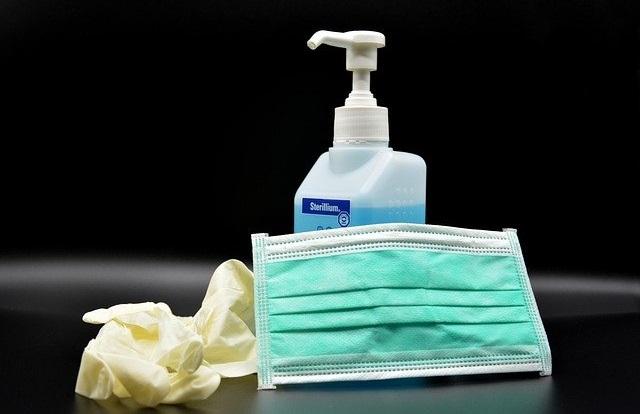-
About
- Departments & Offices
-
Academics
- Physician Assistant
- Special Master’s (MBS)
-
Admissions & Financial Aid
- Tuition & Fees
-
Student Life
-
Research
- Research Labs & Centers
-
Local & Global Engagement
- Global Health Program
Women, college graduates, Democrats more likely to self-isolate to reduce coronavirus risks
Survey also finds differences in prevalence of COVID-19 testing based on geographic, personal and socio-economic factors

MEDFORD/SOMERVILLE, Mass (July 20, 2020)—Women, older Americans, Democrats and people with more education are more likely to try to isolate themselves from contact with other people to reduce COVID-19 transmission risks, according to a new Tufts University national survey.
The survey also identified notable differences in whether people have received testing for COVID-19 based on geographic regions, age group, educational level, political affiliation, income, race/ethnicity and gender. Those who have been tested for COVID-19 most commonly live in the Northeast, are affiliated with the Democratic party, and are African American, according to the research.
“The results of our survey indicate that there are significant demographic and geographic differences in how people respond to COVID-19 pandemic risks, and that these disparities in protective responses need to be taken into account by public health and public policy officials,” said Tom Stopka, an epidemiologist at Tufts School of Medicine, and a co-lead on the study.
“As public health officials continue to increase access to testing across the U.S. in light of persistent surges in COVID-19 infections in many states, they need to consider how to increase testing in geographic hotspots and the highest-risk groups to better understand infection patterns and inform data-driven public health and clinical responses,” Stopka added.
The survey was designed and analyzed by Tufts University’s Research Group on Equity in Health, Wealth and Civic Engagement. The research group previously released data showing that only 57 percent of Americans plan to get vaccinated for COVID-19. The group will soon release additional research about the economic impacts of the pandemic.